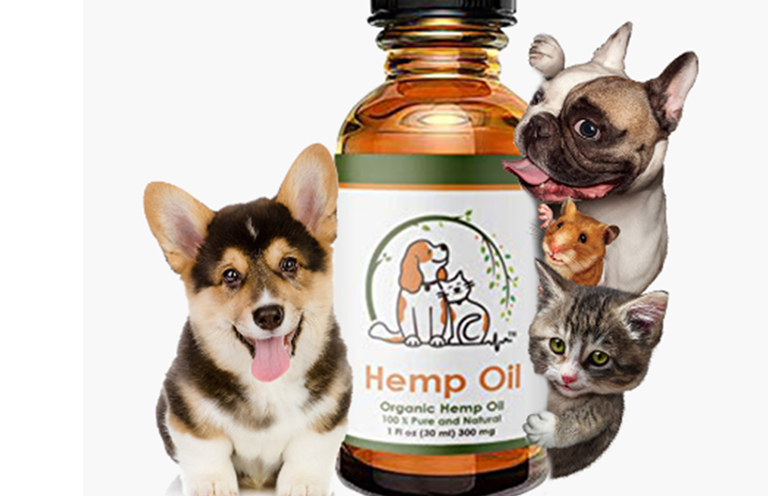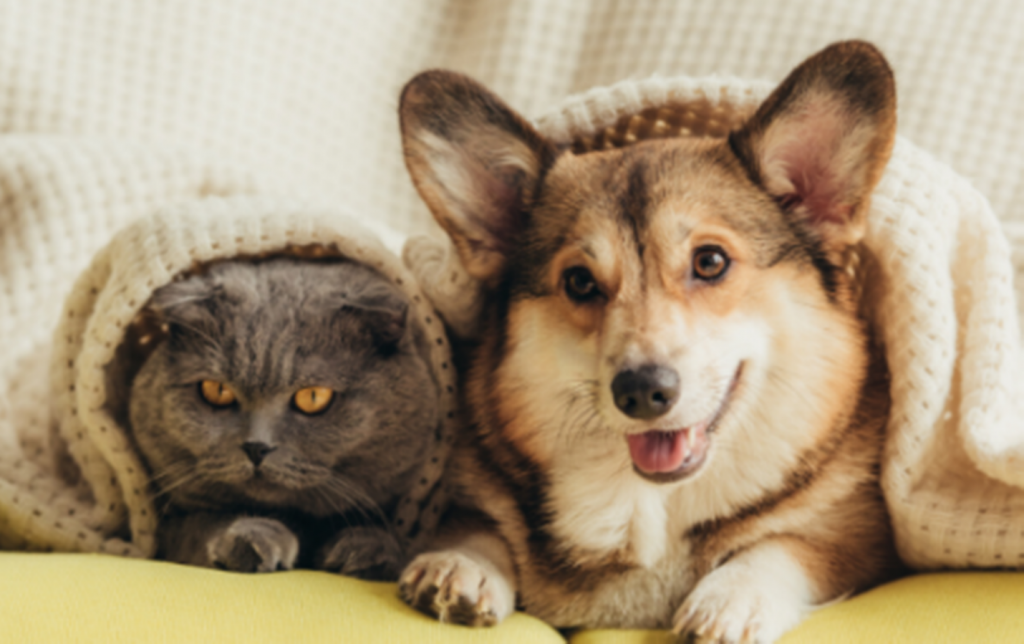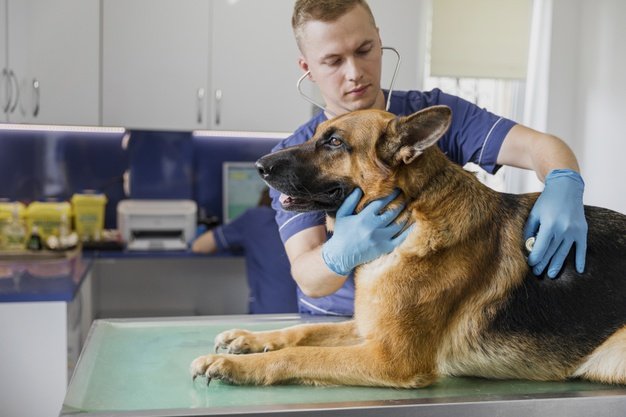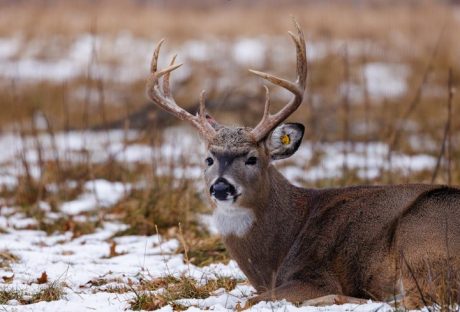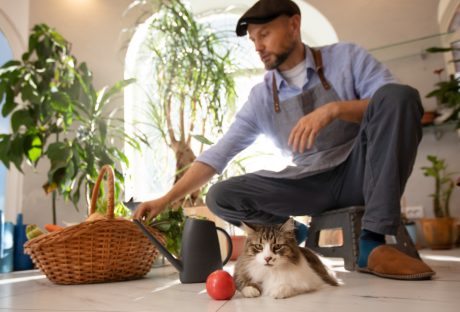A lot of people tend to get confused when thinking about CBD and hemp oil. Often, they treat both as one and do not understand why they are referred to as two different products. This confusion stems from mixing up both products, due to the fact that both are sourced from the same plant. Marijuana, or cannabis as it is also known, is the plant from which both CBD and hemp oil are derived. While CBD is derived from the leaves, stem, and flower of the cannabis plant, hemp oil, on the other hand, is derived from the seed of the plant. You can get more information on this slide.
CBD is not found in the seed of marijuana; the result being that whatever oil you get from the seed is not CBD. This is not where their similarity or differences begin and end. The uses of both equally differ, owing to the chemical composition of both. Hemp oil is simply not an alternative for CBD or vice versa. Both fulfill different functions for which your pet can simultaneously be a beneficiary.
Rich In Omega Oils
Hemp oil offers more nutritional value because it comes with higher nutritional content. As a result, it is often used as a nutritional supplement. It is a rich source of healthy fats and substantial mineral content. Some of the vital fatty acids found in hemp oil are omega 9, (gamma-linolenic), omega 6 (linoleic), and omega 3 (alpha-linolenic).
Other nutritional enhancers present in it include minerals like calcium, zinc, magnesium, iron, phosphorus, sodium, and potassium. Hemp oil is equally a very good source of protein. On its list of vitamins, Vitamin E is the most prominent. These are some of the things your pet would benefit from taking hemp oil.
The presence of omega 6 in your pet’s dietary intake would guarantee growth as it is involved in cell structure and function. It would aid the body’s immune system and bring about desired reproduction functions. It has shown value in dealing with coat health, skin problems, and inflammation. In addition to these, because it is actually fat, it also provides calories.
The presence of omega 3 in the hemp oil you administer to your pet would ensure good cognitive function as well as good kidney function. It is great for allergies and also offers great value in dealing with lymphoma, arthritis, heart disease, and more. Omega 9 in your pet’s intake helps boost the presence of good cholesterol HDL. For dogs though, omega 9 could reduce the presence and functions of omega 6 and omega 3; and both of these fatty acids are considered of greater importance than omega 9 acids. For more on the omega acid content of hemp oil, you can read this article.
Rich In Minerals
Calcium is one of the essential nutrients found in your hemp oil. The absence of this mineral will cause a very serious condition known as hypocalcemia. Hypocalcemia in your pet will produce an uncoordinated gait or stiffness in gait. It will cause excessive panting, weakness, loss of appetite, and vomiting. Other things that may result from it include trembling and involuntary muscle twitching. You will likely find your pet always rubbing its face on objects due to itching.
The calcium in the oil you give your dog helps in the contraction of muscles, vision, bone formation, healthy teeth, milk production, blood clotting, hormone metabolism, heart health and pumping, and enzyme metabolism. The presence of calcium in the dietary intake of your pet makes the hemp product you give it a very necessary supplement for its wellbeing.
Your pet’s unceasing battle with diarrhea might just be indicative of a deficiency of the mineral zinc. Thankfully, zinc is one element in your oil supplement. Diarrhea is not the only sign of a zinc deficiency. Such a deficiency could result in organ failures; the kidney, liver, or heart could fail as a result. It could also result in seizures, weight problems, and immune system overreaction. Your pet will be on its way to recovery from any of these disorders with your hemp oil.
To keep your pet from anemia, weakness, and being vulnerable to sickness or stress, hemp oil can be helpful with its iron constituent. Iron is needful in the formation of red blood cells and hemoglobin; their functions help ward off every symptom of anemia. Sodium, on the other hand ensures that your pet does not suffer from heart rhythm abnormalities, restlessness, excess fluid intake and retention, mucus membranes dryness, excess urination, and other related issues.
An Excellent Nutritional Supplement
Other nutrients that have vital functions include vitamin E, which is an antioxidant. In its function of destroying free radicals, it safeguards the organs of your pet as well as keeping them away from cancer-causing radicals. It also plays a very important function in skin formation and muscle building. With proteins that are equally present in your hemp oil, vitamin E helps with tissue repair and overall growth.
You can see that there is tremendous value in giving your pet hemp oil. Your oil is surely not the only source of all these nutrients, but it is an excellent nutritional supplement that surely aids the wellbeing of your pet. Because it is coming naturally, there is little concern about overdosing on these. The pet hemp company has been a good source of excellent products.
One other thing, like its CBD counterpart, it does not contain THC. the psychoactive component in marijuana. This means that your pet can fully benefit from this oil at no risk of getting ‘high’. So, if you are considering getting your dog, cat, etc. on hemp oil, feel free to do so; its health and nutritional value are worth your indulgence.
Read Also:













